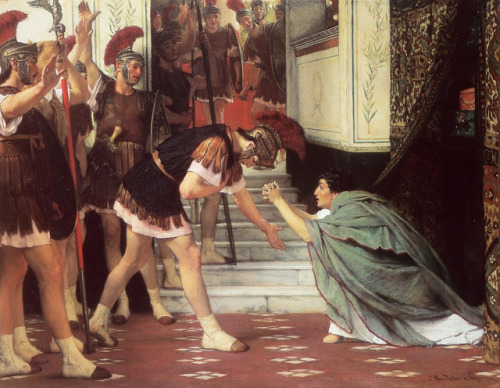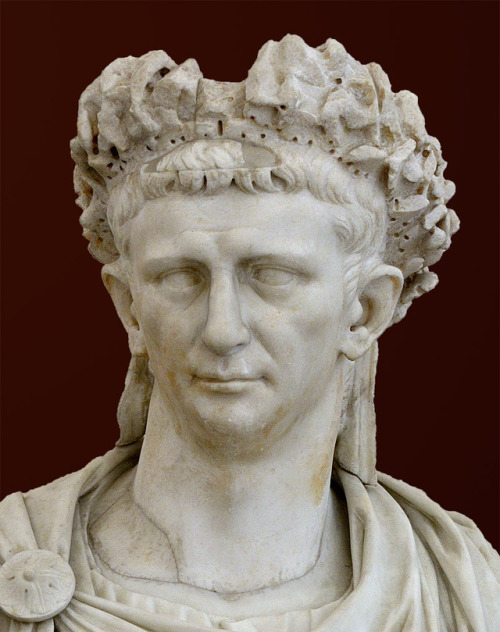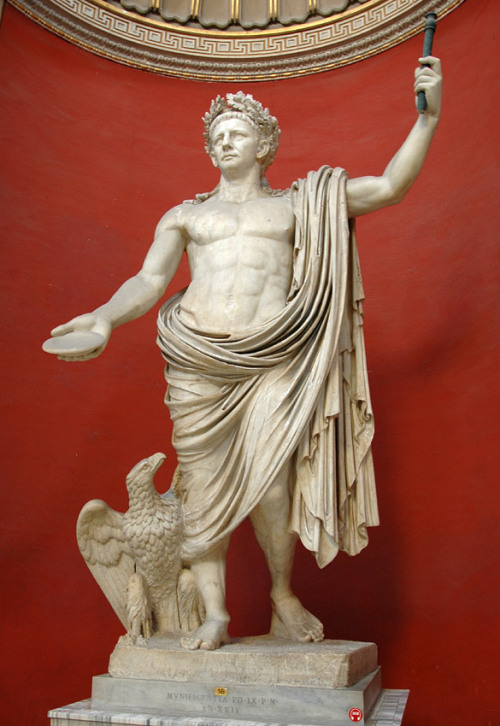italianartsociety:By Alexis CulottaFollowing the assassination of Emperor Caligula the day prior, Cl
italianartsociety:By Alexis CulottaFollowing the assassination of Emperor Caligula the day prior, Claudius served his first day as Emperor of Rome on 25 January 41 CE. Though ungroomed for such a role, Claudius enjoyed a reign during which Rome experienced relative prosperity. Born in the Roman city of Lugdunum (Lyon, France), Claudius bore relations to the Emperor Augustus on his mother’s side; meanwhile, his father’s parents were Tiberius Claudius Nero and Livia, the former wife of Augustus. These connections tied Claudius to the ruling Julio-Claudian family line, however from a young age it seems his family encouraged his scholarly pursuits more than his political ones. Indeed, it was not until the rule of Caligula, Claudius’ nephew, that Claudius was allowed to serve as Caligula’s co-consul. This appointment, though, resulted in Caligula’s prolonged torment of Claudius that ended only with the former’s assassination. Claudius’ early days as emperor were equally as tumultuous, in part because his election to the office was rather unorthodox (being declared thus by the praetorian guard following Caligula’s assassination and prior to the Senate’s approval), but soon his merits were realized. In 43 CE, for example, Claudius initiated a substantial campaign to expand Rome’s holdings in modern Britain. The following decade, Claudius also accomplished significant building and renovation projects, including work on several aqueducts that served central Rome such as the Aqua Virgo. He also focused on legal reform as well as the management of transportation and agriculture. Despite these accomplishments, the threat of conspiracies and plots against Claudius loomed constantly. Indeed, his death, on 13 October 54 CE, was rumored to have been caused by poison ing orchestrated by his last wife, Agrippina the Younger. Further Reading: Suetonius, “The Life of Claudius,” The Lives of the Caesars (Loeb Classical Library, 1914). Sir Lawrence Alma-Tadema, Proclaiming Claudius Emperor, 1867. Portrait of the Emperor Claudius in an Oak Crown, 25-49 CE. National Archaeological Museum, Naples. Statue of Claudius as Jupiter, 50 CE. Vatican Museums, Rome. -- source link
Tumblr Blog : italianartsociety.tumblr.com


